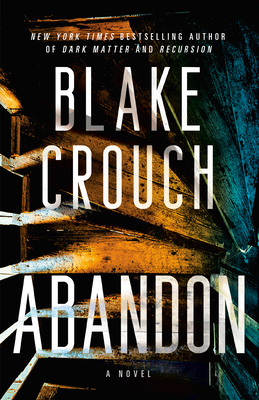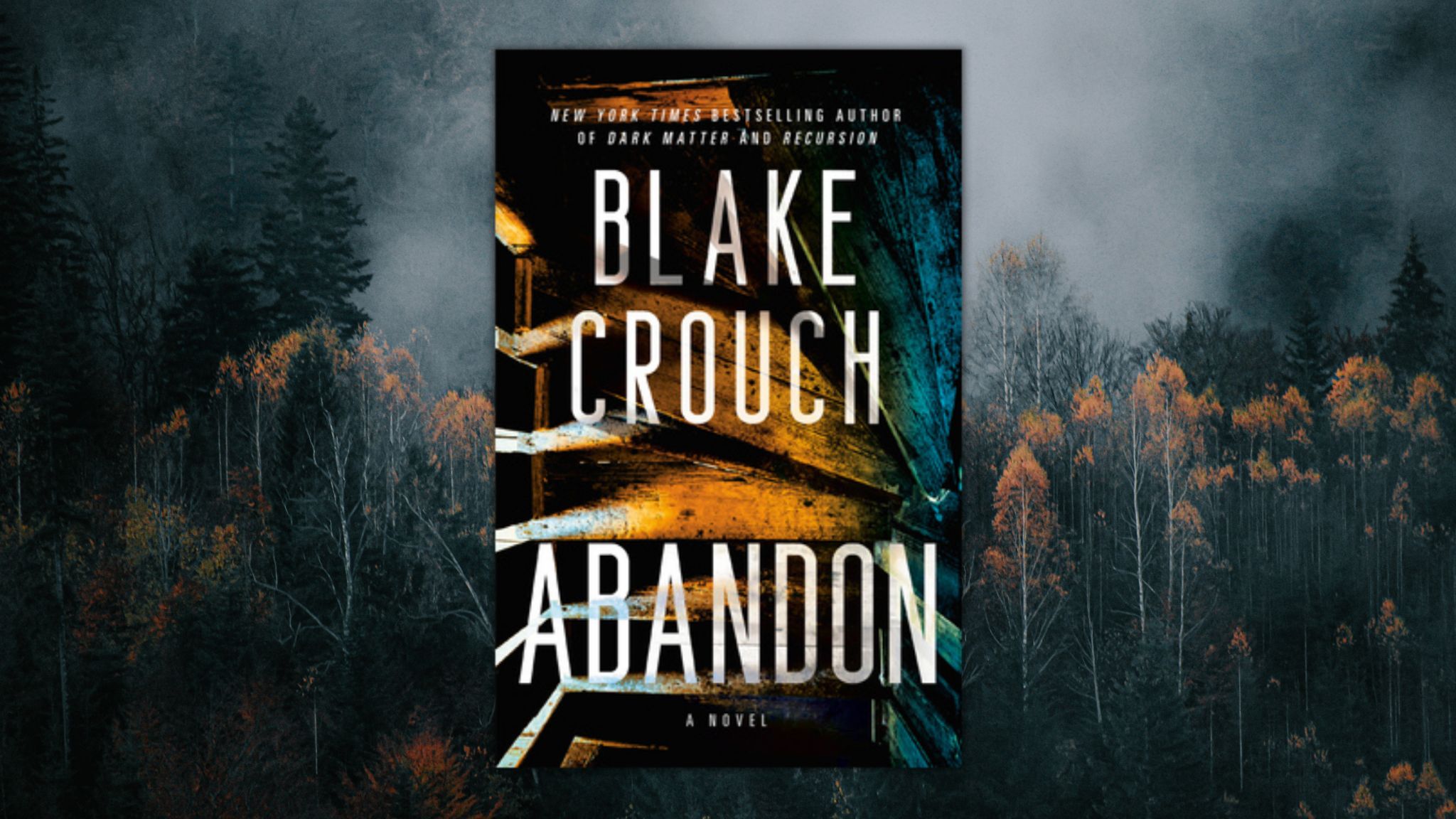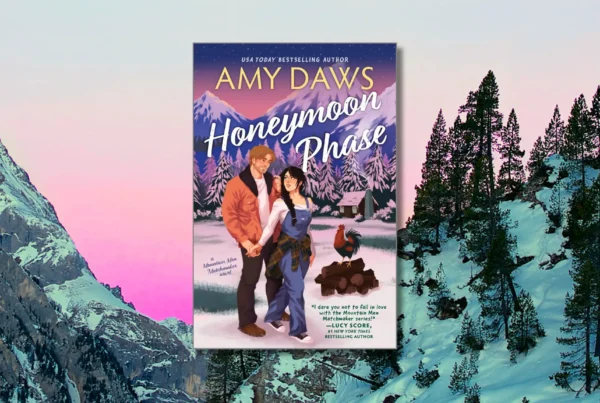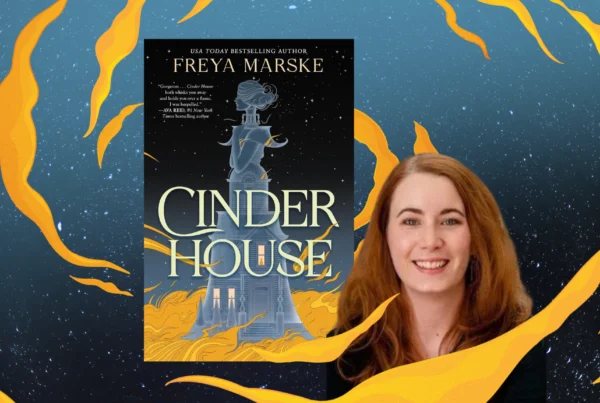Abandon by Blake Crouch
The opening quote of Abandon reads: “In the West, the past is very close. In many places, it still believes it’s the present. – John Masters”
Similar to real life, in Blake Crouch’s western thriller, the present parallels the past. Mothers are haunted by lost children. Fathers attempt to reconcile with memories. Regret runs rampant. Madness is a by-product of greed.
First released in January 2009, Crouch’s third novel has a brand-new edition by Ballantine Books, finalized with a prequel short story originally found in the Brilliance Audio edition. In Abandon, Crouch tells us two unsettling tales side by side, set deep in snowbound Colorado’s San Juan Mountains.
A GHOST TOWN COLD CASE
In 1893, the entire remote town of Abandon vanishes on Christmas morning; in present-day, they still aren’t sure why. Like a Rocky Mountain Roanoke, there are no bones, no concrete evidence. There are theories, of course – supernatural entities, an act of God perhaps. Everyone is intrigued by a ghost town cold case. But Abandon is neither a book, nor a town destined to follow your expectations.
The story begins in the present day, where six people hike out 17 miles in the frozen wilderness to find Abandon. Against all warning, of course.
Scott and Jerrod are outdoor experts, guiding paranormal researchers June and Emmett along with Lawrence and his daughter Abigail, long estranged till now. Lawrence is a history professor; Abigail, our main protagonist, is writing a magazine piece. Everyone has varying motivations, but it’s obvious that all need closure and draw deeply from wells of self-preservation.
STORY ECHOES BETWEEN TWO TIMELINES
Back in 1893, Abandon goes about its normal Christmas routines. Major key players here are numerous and varied, and there’s ample time to learn about the doomed residents one by one. They’ve all had their ill shares, but most are trying to do better. Most.
While Abigail and company make camp and investigate the rotting buildings, the time echoes, and motivations are soon revealed that aren’t so different from Abandon’s original citizens. Too much shouldn’t be divulged to avoid spoiling any twists, but it’s safe to say that in both timelines after page 60 things start to go very, very wrong in Abandon.
Horror arrives to jolt the bones, usually in sudden, visceral violence, but Abandon is much more than horror. Nothing in these snowy mountains is what it seems. Crouch subverts the narrative early on, and soon you start to forget why you thought you were here in the first place.
Often it feels like a 90’s movie, noir-ish and action-packed, chilling and darkly humorous and a tad heart-wrenching. The pace is tense, jumping from past to present and back again in brisk transitions.
MORALLY GREY CHARACTERS AND SINISTER EVENTS
Crouch also has exceptional skill at painting gray characters. In one scene, a man kills without remorse; but in a later scene, this same man talks about his only real regret, his wish to see his family again and “treat them right”. Another murderer longs for solitude in the woods, only nature in all directions, a peaceful pipedream he will never reach.
Only until the sinister outcome of 1893’s Christmas day is painfully clear are we aware of Abandon’s vilest conspirator. But evil is never the work of just one. Even then, there are questions. What exactly is pain? How does it mold us? Is self-interest always spawned by pain? Everything is circular, after all. The short story included at the end, On the Good, Red Road, explores these themes especially well.
In the end, the timelines merge in tragedy, but everything leading here has sapped away the shock. Crouch doesn’t flinch from or water down the harsh realities of the long-gone, much-romanticized wild West. He simply presents us as we’ve always been, and still are, and lets us make up our own minds about what that might mean, now and for future generations.
Whether you want to explore its ideas or board the roller coaster, Crouch’s objective writing leaves it up to the reader. In Abandon he’s written a taut snow thriller with plenty to think about if you’re keen, but if not, no judgment. Sometimes it’s fun to just enjoy the ride.
ABOUT THE AUTHOR:

Blake Crouch is a bestselling novelist and screenwriter. His novels include Upgrade, Recursion, Dark Matter, and the Wayward Pines trilogy, which was adapted into a television series for FOX. Crouch also co-created the TNT show Good Behavior, based on his Letty Dobesh novellas. He lives in Colorado.





